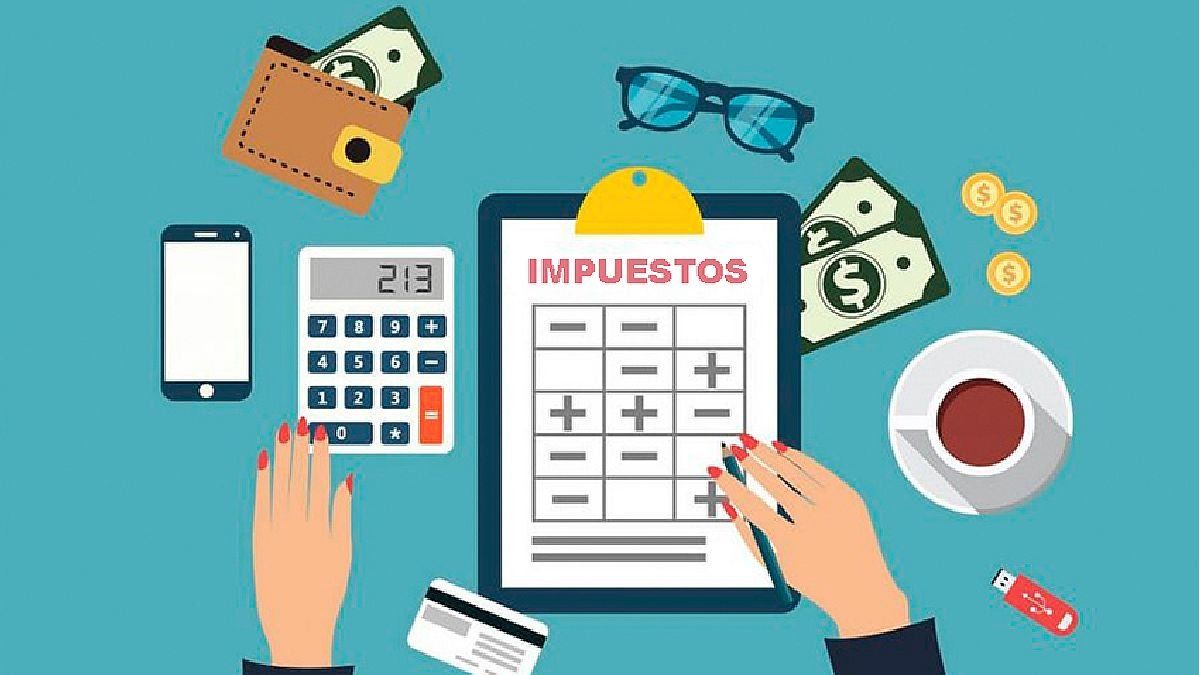Who will pay the Income Tax in 2023?
Since the increase in the tax scales is applied from the first business day of each year, it will be well below inflation, which will accumulate in 2022 close to 100%, so that in the higher scales the workers will pay higher rates more quickly.
Technically, employees earning $173,834 should pay a 5% rate; those who receive between that figure and $347,669, 9%; and those that reach up to $521,503, 13%. But due to the effect of the increase in the special deduction increased by law, although they are reached, they will not pay.
Income Tax 2023: new non-taxable minimum
Thus, the income tax floor for employees will go from the current $330,000 to $404,062 from next January 1. The Government has not yet applied these changes, but it is estimated that the Ministry of Economy will do so in the coming days.
“When the remuneration or monthly gross salary is greater than $404,062 and up to the sum of $466,017, an amount will be able to be computed as an increased special deduction in accordance with the regulations issued by the Federal Administration of Public Revenues,” said Sebastián Domínguez. , from SDC Asesores Tributarios. Domínguez indicated that “when the remuneration or monthly gross salary is equal to or greater than $466,017, no additional special deduction will be applicable, generating significant damage.”
The specialist explained that if the average monthly salary for 2023 exceeds $404,062, then the next year’s bonus is fully taxed by income tax. On the other hand, if the aforementioned average does not exceed $404,062, then it will be exempt up to the amount of $202,031, that is, half.
Domínguez indicated that the 2023 Budget Law “authorized the Executive Power to increase the amount of the exempt bonus and the increased special deductions” applicable to employees in a dependency relationship. “In our opinion, this type of delegation is unconstitutional and it is the National Congress that has to make the modifications,” he said.
The tax official stated that “The legislators have not taken into account the dimension of the implementation problems generated by the application of the increased special deductions for both employers, for the Federal Administration of Public Revenue itself as well as for professionals and companies that are dedicated to the settlement of salaries”.
According to data from the Ministry of Labor, the average salary of registered workers last October was $174,436.90, with an increase of 5% compared to September and 78.8% compared to a year ago.. In this period, inflation varied 6.3% month-on-month and 88% year-on-year. That is to say, the average salary lost almost 10 points in one year. Even so, some wage earners will have to pay the tax.
Income Tax: deductions 2023
With the update of the Income Tax, the deductions for spouse, children and other family responsibilities, such as domestic workers, and interest on mortgage loans, among others, also change.
In this way, those affected by the tax can pay less thanks to the deductions.
In detail, the Income Tax deductions that can be submitted to AFIP are:
- nontaxable gain
- Family loads with maximum net income
- Spouse or partner
- Children up to 18 years old
- Child or stepson disabled for work
- Special deduction art 82:
- Employees
- self employed
- Art. 53 (Third category)
- New professions or new entrepreneurs
- education expenses
- Burial expenses
- Mortgage loan interest
- Private House Staff
Income Tax 2023-deductions.pdf
Income Tax 2023: four keys
New non-taxable minimum
The amount of the remuneration and/or gross income not to be taxed Income tax goes from $330,000 to $404,062 per month from January 1, 2023. Payment will be made for what is received from that date.
What about salaries greater than $404,062?
Salaries greater than $404,062but less than $466,017they will be able to compute a amount for increased special deductionin accordance with the regulations issued by the Federal Administration of Public Revenues (AFIP).
As long as when they are equal to or greater than $466,017 will not correspond to any additional special deduction.
Source: Ambito
David William is a talented author who has made a name for himself in the world of writing. He is a professional author who writes on a wide range of topics, from general interest to opinion news. David is currently working as a writer at 24 hours worlds where he brings his unique perspective and in-depth research to his articles, making them both informative and engaging.




